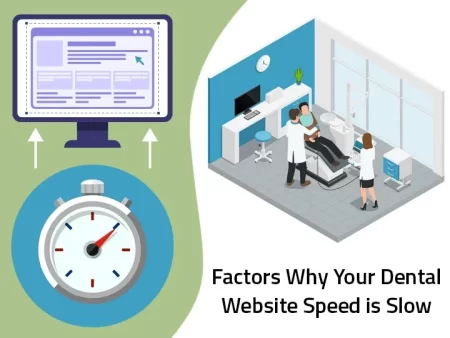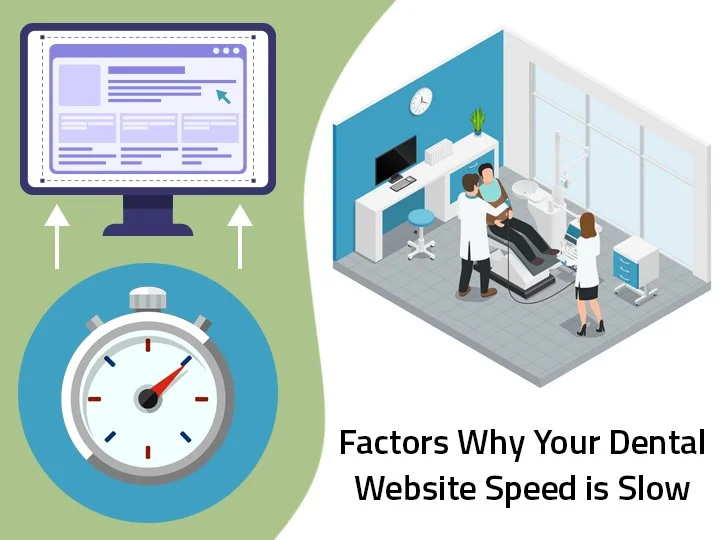 If you want your dental site to flourish, you must have the momentum to go with it. There are various elements that can cause a website to become sluggish. And if your site lags, it takes a toll on your SEO efforts, your conversion paces, bounce times, and the visitor experience.
If you want your dental site to flourish, you must have the momentum to go with it. There are various elements that can cause a website to become sluggish. And if your site lags, it takes a toll on your SEO efforts, your conversion paces, bounce times, and the visitor experience.
Research shows that it takes 10.3 seconds to load a website on a desktop computer, while on a portable device, it bears a whopping 27.3!
These numbers show that website owners have trouble with the speediness of their sites. But how can they speed up their dental website speed? Keep reading to find resolutions to the issues that may be hindering your site.
One of the reasons your dental website optimization plan isn’t working could be poor-quality site hosting. Your practice must find a reputable host and pick the right hosting package for your website. Sometimes you may find that by switching to another plan or a new host, you solve the site’s slowness.
Shared hosting has cons to it too. Since you will use the system with others, your website may fall behind in speed because other websites pull juice off the processor and the memory.
To remedy this issue, look for a host that not only has round-the-clock customer service but has scalable hosting solutions. Performance, security, and availability should all be guaranteed.
A second cause that your dental website is slow is that there is no caching layer. When you cache a website, you are virtually making a replica to store in the web cache. If you did not have a cache available, your visitors would have to ask for the dental website’s assets each time instead of merely getting them from a cache. If you are not caching your site as part of your dental website optimization plan, your site will be slower because servers can only handle so many requests simultaneously.
To fix this issue, you need to utilize HTTP headers to set up your cache policy manually. If you need to modify it, you can use your web server’s configuration. Cache plugins can also be used to automatically start this function.
A third explanation of why your dental website lacks speed is that you are not using a Content Delivery Network (CDN). A CDN has many systems spread out in various locations. By having so many locations, they are able to make the distance shorter by using the closest server. Ask your service company if they offer CDN as a service. For those using a CMS, you may also install a CDN plugin. Or you can contact a CDN provider such as Stackpath.
Do you have your images optimized on your dental site? If not, your dental website speed may be slower. If you are not optimizing your images, only 50% of your entire webpage is optimized. When you use dental website optimization tools, you can reduce image size files, which lets the computer download and process them quicker.
To help make your website faster, you can compress the images. Lossy reduction will make the files smaller but, unfortunately, will also affect the quality of the image. Lossless compression will provide a quality image with reduced files. They just will not be as small as lossy compression.
You can also try image lazy loading. This will only load the images the visitor can see. Once the visitor scrolls to a new image, it will load for them.
Contact a trusted pro such as Affordable Dental SEO in Tampa, FL, if you require assistance with your dental website speed. You can schedule a free consult to see what they can do to make your dentist’s site more successful.

